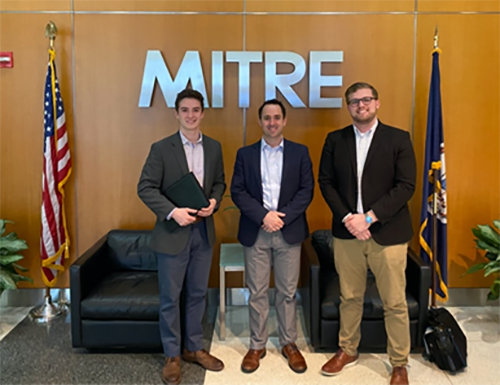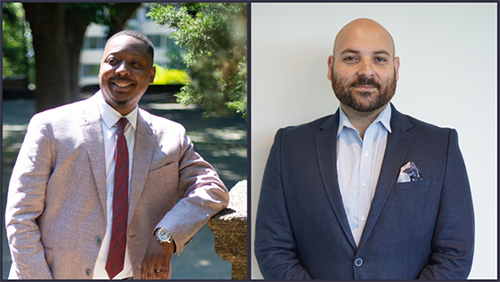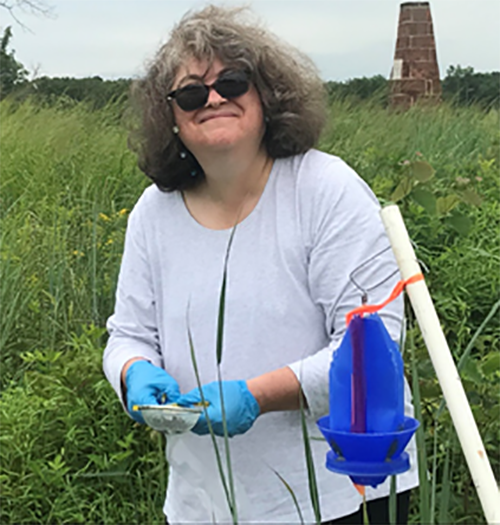
Aug 24, 2020 | Blog, Knowledge Advantage
I work as a DevOps Engineer. For a long time, I could not explain my career in a way that my mother could understand. She wanted to understand, but something as abstract and complex as DevOps can be hard for a lay person to grasp.
Eventually, I realized that my explanations focused only on the technical aspects of DevOps—the pipeline, automation, Infrastructure as Code—and not on the foundational principles of DevOps itself: Flow, Feedback, and Continuous Improvement. These three principles, called the Three Ways, I can explain to my mother by using her favorite hobby—baking—as a metaphor.

Aug 17, 2020 | Blog, Cross-Organizational Information Sharing
In designing solutions to some of the most pressing, complex, entrenched problems facing the nation, MITRE employees know they have to get creative.
And, as a company working in the public interest, we want to be sure the next generation of engineers and business leaders can address similarly formidable challenges. We want them to get creative too.
That’s why we recently deepened our partnership with James Madison University in Harrisonburg, VA by bringing MITRE into the classroom.

Aug 10, 2020 | Blog, Collaboration, Partnerships and Social Media
The STEM field has been described as the great equalizer, a field that celebrates and elevates those who contribute to it. Still, many students, especially students of color, find it intimidating and hard to approach. Fortunately, individuals like Willie Hill are dedicating their time and talents to show students of all backgrounds that STEM is fun and worth getting excited about.

Aug 4, 2020 | Blog, Cross-Organizational Information Sharing
“Science,” “collaboration,” and “serving the best interests of the wider community” are cherished values at MITRE, as is the concept of continuous learning. At MITRE, citizen science is thus a volunteer and civic activity, a hobby, a tool for research, a source of learning, a professional and social networking opportunity, and a means of giving back to the scientific community.

Aug 2, 2020 | Blog, Learning Organization
At first glance, creativity might seem like the ability to make something from nothing. That isn’t actually true, but creativity does require an active imagination and the ability to judge what, among all the imagined things, might have value, given what you’re trying to accomplish. Creativity in engineering and in the arts requires the ability to generate a wide variety of ideas that relate to the goals of the effort, often the more ideas the better. Judgment is then used to evaluate the merits and flaws of each idea.





